All Stories
-
 Anthropology
AnthropologyReaders ponder children’s pretend play, planetary dust storms and more
Readers had questions about children’s fantasy play, lasers creating 3-D images and dust storms on Mars.
-
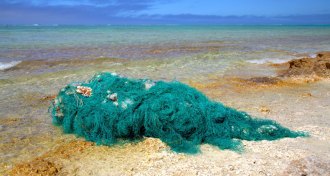 Environment
EnvironmentThe great Pacific garbage patch may be 16 times as massive as we thought
The giant garbage patch between Hawaii and California weighs at least 79,000 tons, a new estimate suggests.
-
 Animals
AnimalsHow oral vaccines could save Ethiopian wolves from extinction
A mass oral vaccination program in Ethiopian wolves could pave the way for other endangered species and help humans, too.
-
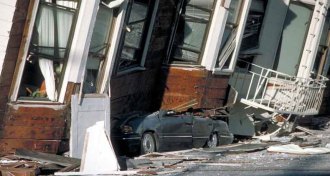 Earth
EarthFalse alarms may be a necessary part of earthquake early warnings
To give enough time to take protective action, earthquake warning systems may have to issue alerts long before it’s clear how strong the quake will be.
-
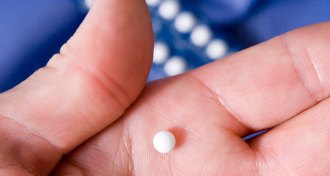 Health & Medicine
Health & MedicineMale birth control pill passes a safety test
A prototype contraceptive for men safely reduced testosterone and other reproductive hormones during a month-long treatment.
-
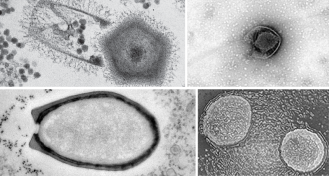 Life
LifeMeet the giants among viruses
For decades, all viruses were thought to be small and simple. But the discovery of more and more giant viruses shows that’s not the case.
-
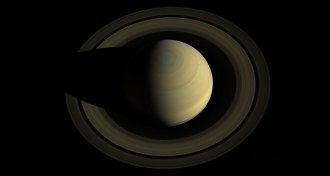 Planetary Science
Planetary Science5 things we’ve learned about Saturn since Cassini died
The Cassini spacecraft plunged to its death into Saturn six months ago, but the discoveries keep coming.
-
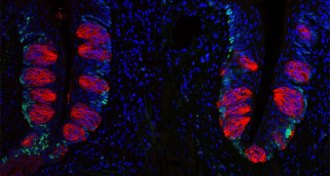 Health & Medicine
Health & MedicineHow obesity makes it harder to taste
Mice that gained excessive weight on a high-fat diet also lost a quarter of their taste buds.
-
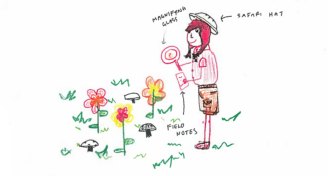 Science & Society
Science & SocietyKids are starting to picture scientists as women
An analysis of studies asking kids to draw a scientist finds that the number of females drawn has increased over the last 50 years.
-
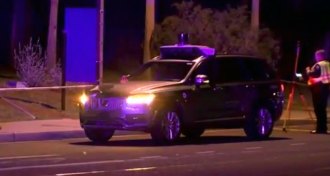 Tech
TechFirst pedestrian death from a self-driving car fuels safety debate
A self-driving Uber kills woman in Arizona in the first fatal pedestrian strike by an autonomous car.
By Dan Garisto -
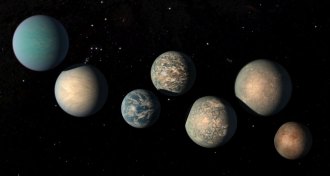 Planetary Science
Planetary ScienceSome TRAPPIST-1 planets may be water worlds
Two of TRAPPIST-1’s planets are half water and ice, which could hamper the search for life.
-
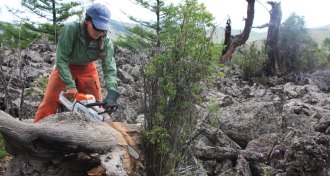 Climate
ClimateTree rings tell tale of drought in Mongolia over the last 2,000 years
Semifossilized trees preserved in Mongolia contain a 2,000-year climate record that could help predict future droughts.
By Dan Garisto